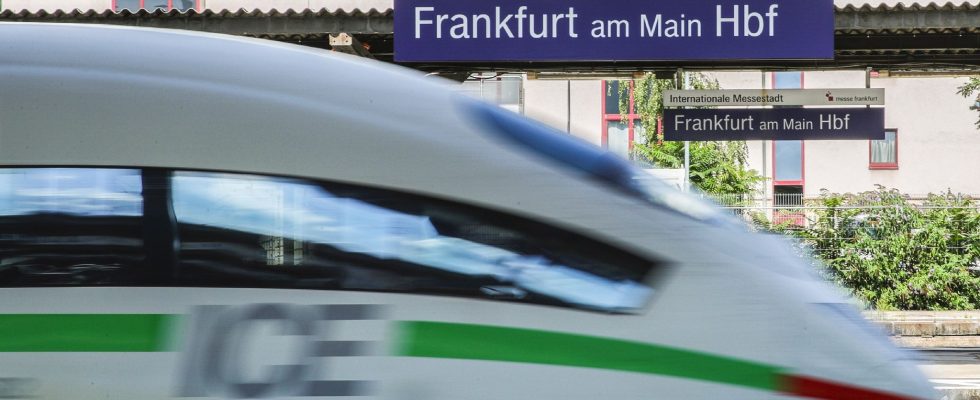The Berlin-Paris night train, canceled in 2014, will be relaunched on December 11 and will pass through Strasbourg, said this Wednesday, September 6, the Austrian company ÖBB, a pioneer in night trains, which will operate this link. “The service will start on December 11 from Berlin, three times a week, before becoming daily from October 2024,” ÖBB spokesman Bernhard Rieder told AFP. The first night train from Paris to Berlin will leave the next day, December 12.
The return of this line was announced in December 2020 by the French, German and Austrian public railway companies. It is part of the slow European revival of night trains, a means of transport that is coming back into favor due to its low climate impact. The night Paris-Berlin will stop along the way in Strasbourg, Mannheim, Erfurt and Halle. In concrete terms, trains departing from Paris will have 12 cars, 6 for Berlin and 6 for Vienna, with seats, couchettes and sleeping cars.
The ÖBB company will reorganize its service to form a sort of large “X” by integrating the Berlin service into its existing Paris-Vienna and Brussels-Vienna night trains. The trains will therefore connect Paris or Brussels on the one hand, to Berlin or Vienna on the other. They will be recomposed in the middle of the night in Mannheim, on the banks of the Rhine. The SNCF made no comment. Deutsche Bahn for its part confirmed the date, welcoming the development of its “cooperation with ÖBB in night traffic”. Separately, the SNCF and the Deutsche Bahn announced last year a Paris-Berlin day, at high speed, from the end of 2024, and which should not pass through Strasbourg initially.
This seven-hour connection is initially to be operated with German ICE high-speed trains. The route of the new link has been the subject of numerous debates in recent months, the German partners favoring a passage via Saarbrücken, and not Strasbourg, citing work on the network. French Transport Minister Clément Beaune assured Friday that this link would pass “gradually” through Strasbourg, at a later date, not before 2025 at best.
